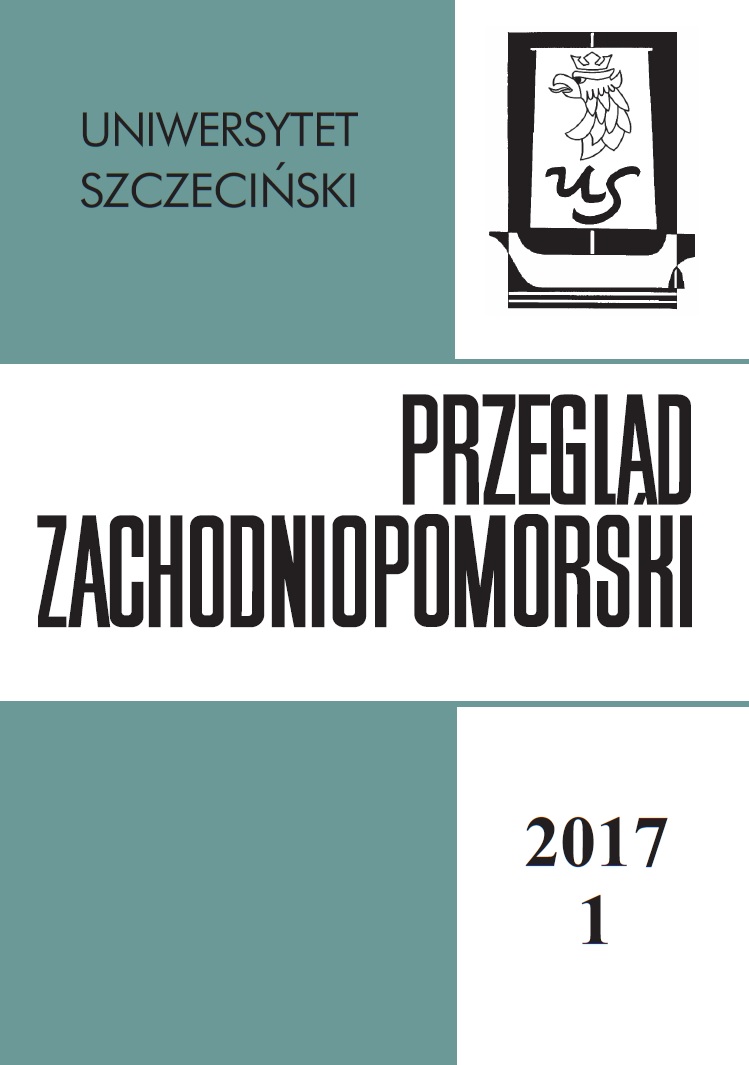Słuchacze Szkoły Prawniczej Ministerstwa Sprawiedliwości w Szczecinie skierowani na odbycie aplikacji sądowej w okręgu Sądu Apelacyjnego w Szczecinie. Na podstawie akt osobowych aplikantów Sądu Apelacyjnego i Sądu Wojewódzkiego w Szczecinie
Students of the Ministry of Justice Law School in Szczecin Enrolled for the Legal Training at the Court of App eal in Szczecin on the Basis of Personal Files of Legal Trainees of the Court of App eal and the Provincial Court in Szczecin
Author(s): Artur KażmierczakSubject(s): Law, Constitution, Jurisprudence, Law and Transitional Justice
Published by: Wydawnictwo Naukowe Uniwersytetu Szczecińskiego
Keywords: Legal School in Szczecin; Appeal Court of Justice in Szczecin; the judiciary
Summary/Abstract: In 1944 one of the main goals the people’s power started pursuing was to take control over the system of justice. By means of the judicial system and changes introduced into it, the people’s power wanted to first take over and then to consolidate its government’s power as well as the new political and economic system. After taking charge of the military judicial system, the people’s power was also striving to take control over the civil judicial system which was to show nothing but trust towards the new political system and, along with its attitude full of ideology, to incite this trust in the Polish society. To this end, the so-called “reactionary elements” hostile to the new power were removed from law courts and prosecutor’s offices, and the key posts were filled with new people (“democratic elements”). New human resources were attained by means of “the special training concept” as well as by letting the law judge positions be taken by people who acquired their knowledge of law along their careers, their scientific and social or political work, or gained it at law schools approved by the Ministry of Justice. In the period 1947–1952 there were six law schools in Poland. The school in Szczecin was one of them and it was open from 3 June 1950 till 19 August 1951. The school’s objective was to educate new personnel to be appointed as judges equipped not only with essential knowledge of the law (both theoretical and practical), but also with the ‘right’ ideology. Education took place at the level of the upper secondary school and lasted 14 months. It was taken up by 182 people. The enrolled students were people who enjoyed the confidence of the new communist authorities. They were social and political activists who came mostly from the working class or peasant stock, lacking the secondary education, at the age from 23 to over 30. Thanks to personal files kept at the archives of the Regional Court in Szczecin, this article sheds light on the profiles of the Szczecin law school’s students who were to take up the legal training at the Court of Appeal in Szczecin.
Journal: Przegląd Zachodniopomorski
- Issue Year: 32/2017
- Issue No: 01
- Page Range: 125-155
- Page Count: 31
- Language: Polish

